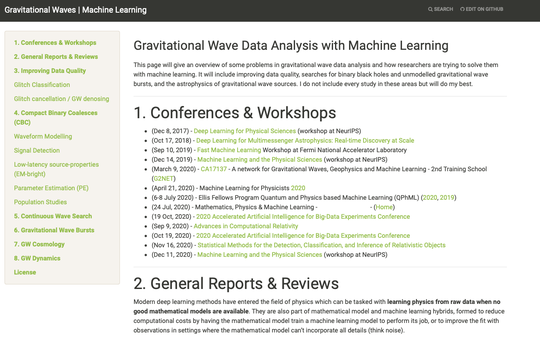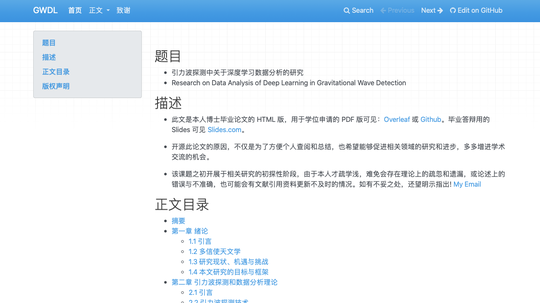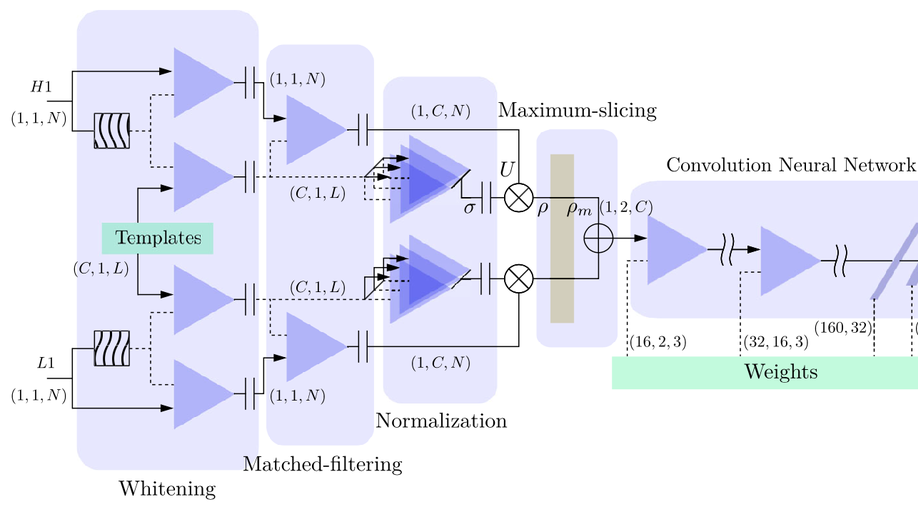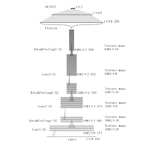Biography
I am currenly a postdoctoral researcher at the Institute of Theoretical Physics, Chinese Academy of Sciences. My research interests mainly focus on the study of theoretical modelling and the application of AI-based machine learning techniques to gravitational wave data analysis. In addition, I am also committed to related researches such as data processing methods and the development of algorithms for ground-based and space-based gravitational wave detection.
My doctoral dissertation, “Research on Data Analysis of Deep Learning in Gravitational Wave Detection”, discusses the difficulties and challenges of real-time detection and data processing of gravitational wave signals by ground-based gravitational wave detectors, and combines real gravitational wave data with traditional signal processing algorithms via deep neural network model to search for possible weak gravitational wave signals.
Interests
- Gravitational Waves
- Data Analysis
- Machine Learning
- Deep Learning
- Artificial Intelligence
Education
-
Ph.D. in Theoretical Physics, 2020
Beijing Normal University
-
M.Sc. in Theoretical Physics, 2015
China West Normal University
-
B.Sc. in Applied Physics, 2012
Chongqing Technology and Business University









